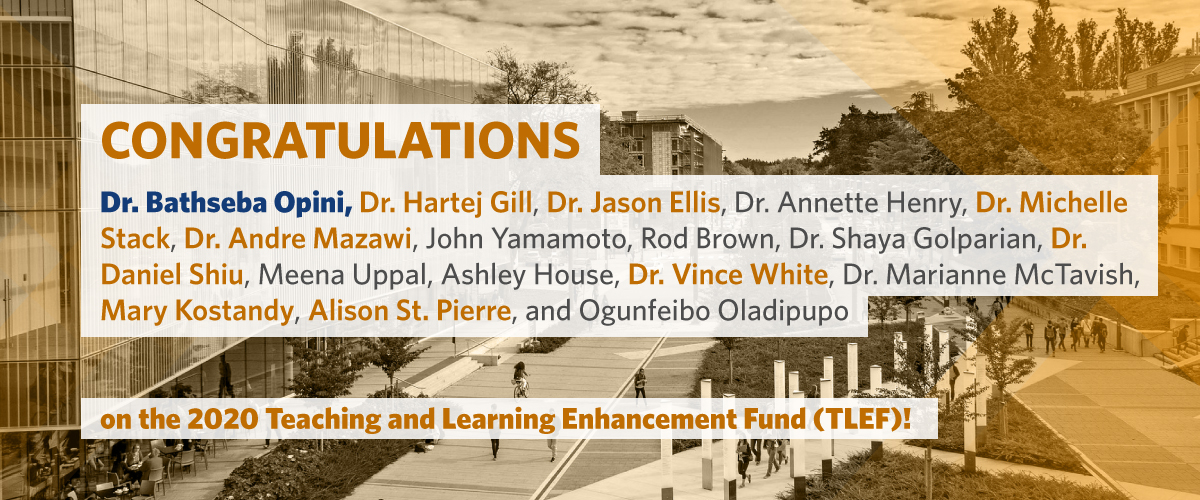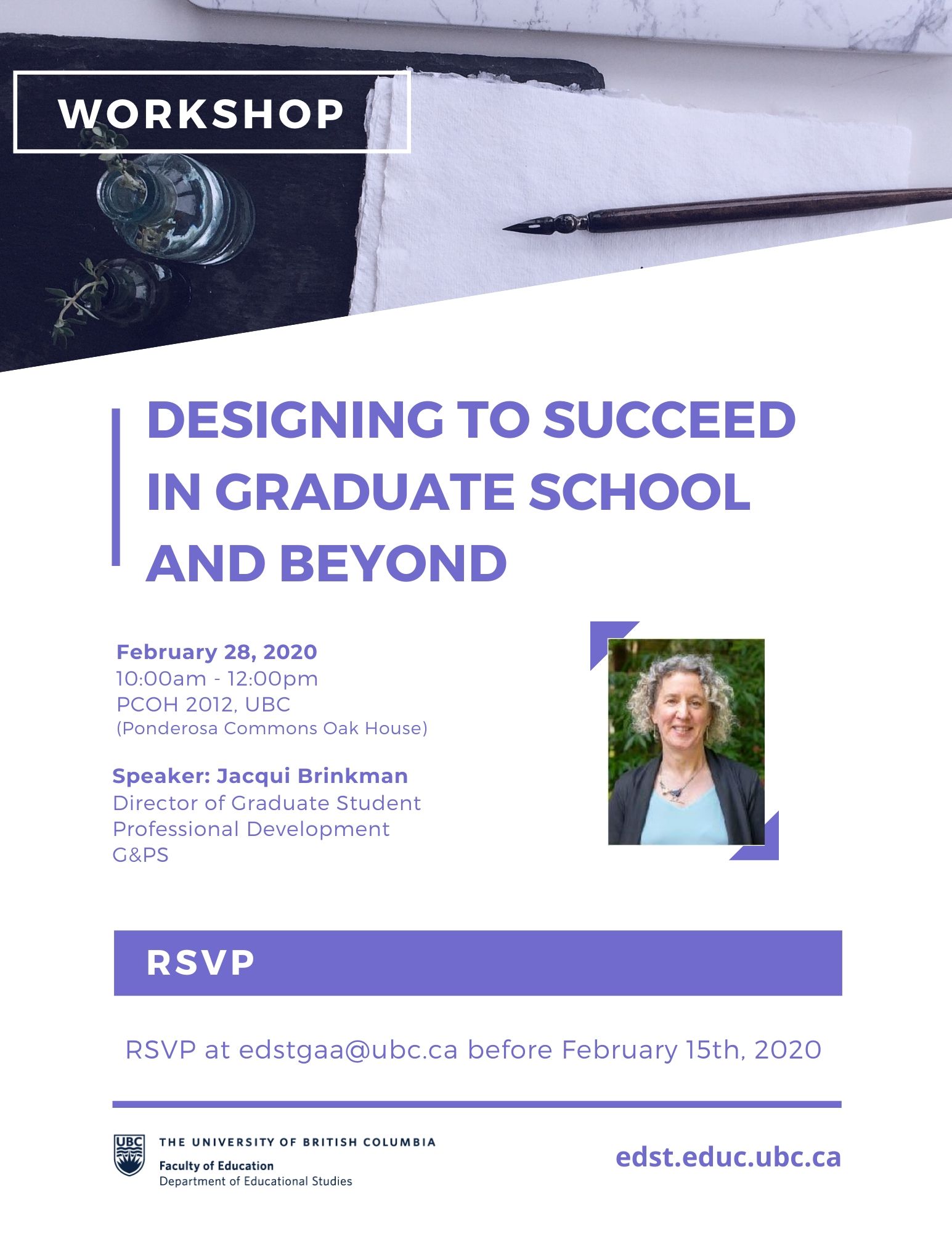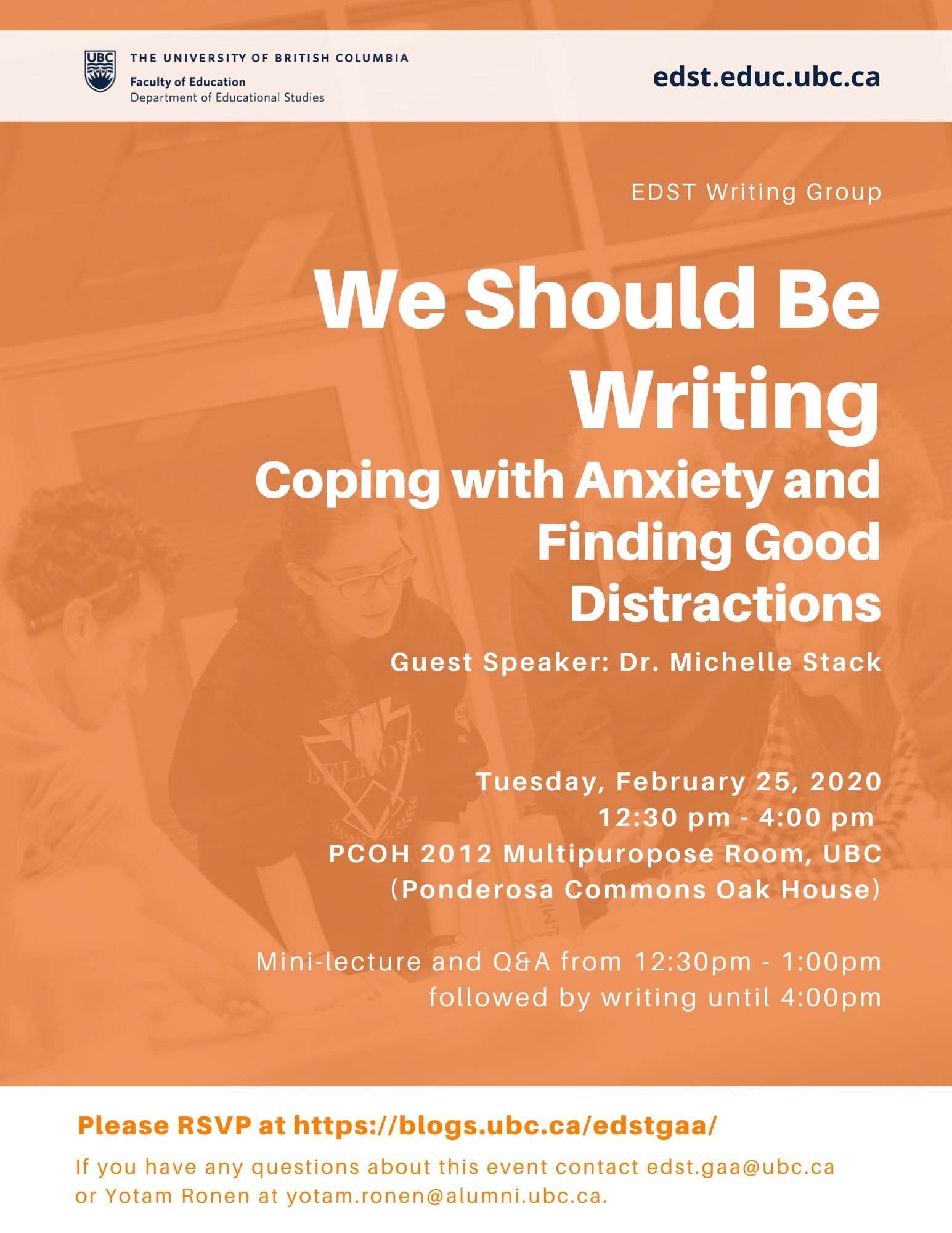Michelle Stack is awarded Visiting Research Fellowship at the ZeMKI, Centre for Media, Communication and Information Research, at the University of Bremen, Germany. She will be developing a social network and critical discourse analysis concerning the role of celebrity academics in both undermining and protecting academic freedom. Her research at ZeMKI will build on a recent article she published.
Stack, M. (01/02/2020). Academic stars and university rankings in higher education: Impacts on policy and practice Routledge/Taylor & Francis. doi:10.1080/23322969.2019.1667859
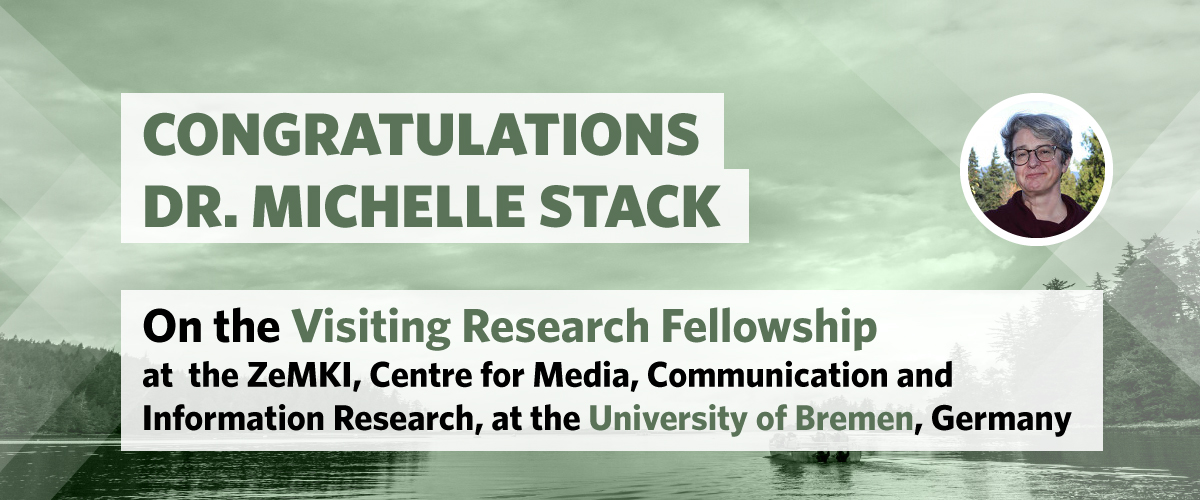

Seminar title: Affect and the Rise of Populism: Lessons for Democratic Education
Speaker: Dr. Michalinos Zembylas, Open University of Cyprus
Date of event: Tuesday, March 31, 2020
Location of event: Ponderosa Commons Oak House Room 2012
Time of event: 1-4pm
Abstract + Recommended readings: below the form
Abstract: This seminar will examine that it is important for educators in democratic education to understand how the rise of right-wing populism in Europe, the United States and around the world can never be viewed apart from the affective investments of populist leaders and their supporters to essentialist ideological visions of nationalism, racism, sexism and xenophobia. In addition, the seminar will discuss how the rise of populism offers opportunities for renewing democratic education, especially when it opens up to a deeper understanding of the affective modes of right-wing populism and its implications for democratic life. The challenge for educators in the current political climate is to create spaces and opportunities for critical dialogue with students that acknowledges how and why different people articulate themselves affectively in certain ways and what can be done to respond productively to those affective investments. The seminar will discuss pedagogical responses that provide critical resources to democratic education for developing a culture and process of democracy that addresses the challenges emerging from the rise of populism.
Recommended readings (all available for download via the UBC Library):
Zembylas, M. (2019). The affective modes of right-wing populism: Trump pedagogy and lessons for democratic education. Studies in Philosophy and Education, DOI:10.1007/s11217-019-09691-y
Zembylas, M. (2019). The affective dimension of far right rhetoric in the classroom: The promise of agonistic emotions and affects in countering extremism. Discourse: Studies in the Cultural Politics of Education, DOI.: 10.1080/01596306.2019.1613959
Zembylas, M. (2019). The affective grounding of the post-truth: Pedagogical risks and transformative possibilities in countering post-truth claims. Pedagogy, Culture and Society, DOI.: 10.1080/14681366.2019.1598476
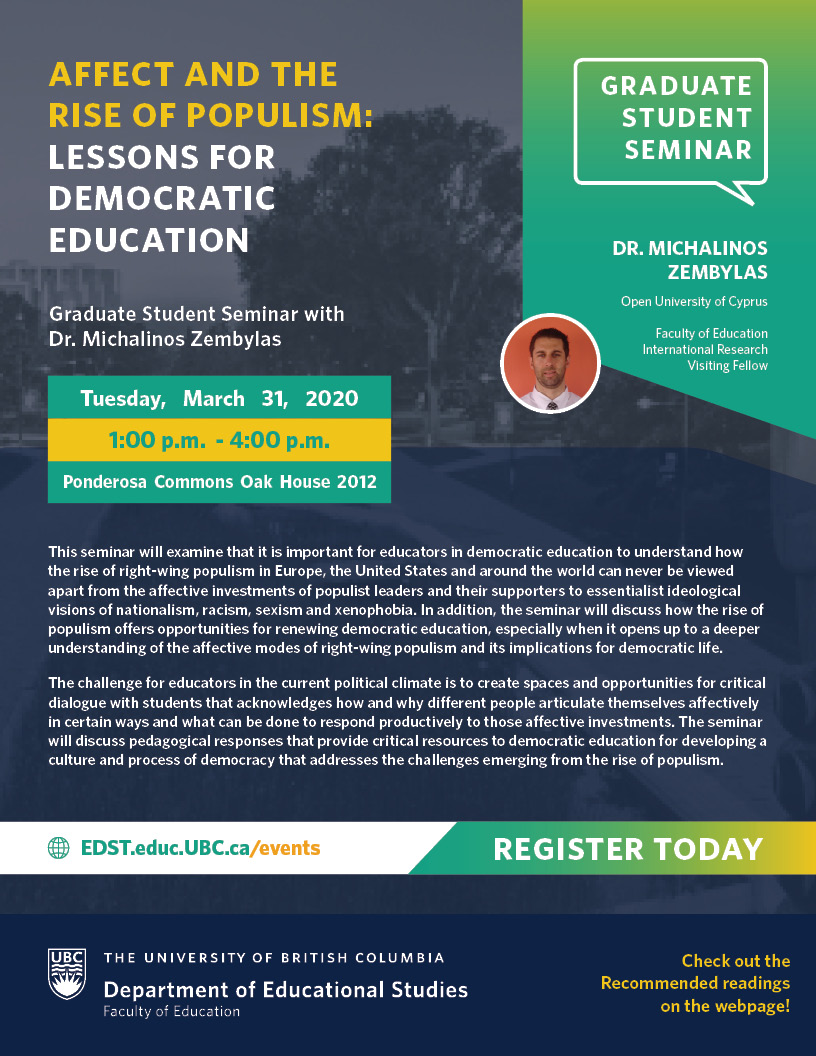
POSTPONED

Lecture:
Against the Psychologization of Resilience:
Towards an Onto-Political Theorization of the Concept and its Implications for Higher Education
Date of event: Monday, March 30th, 2020 Postponed
Location of event: Ponderosa Commons Oak House – Ballroom (Level 1000)
Time of event: 1-3pm
Speaker:
Dr. Michalinos Zembylas
Open University of Cyprus
Faculty of Education International Research Visiting Fellow
Abstract:
This talk has two goals: (1) to analyze the consequences of psychologizing resilience in higher education and (2) to describe the tenets of a critical approach of resilience in higher education and how they might be productive in addressing race/racism, inequality and social change. It is argued that the psychologization of resilience in higher education may aid the self-surveillance of the student which normalizes the ongoing oppression of already disadvantaged groups of students; the combination of neoliberal governmentality and psychologization frames resilience in essentialized and individualized ways that have many theoretical and political limitations. The analysis suggests a critical approach that advocates an onto-political mode of resilience in higher education—one that takes into consideration power imbalances and discrimination within our society. To illustrate the potential of this approach, Zembylas takes on Black resilience neoliberalism theory and how it can be critiqued and reframed.
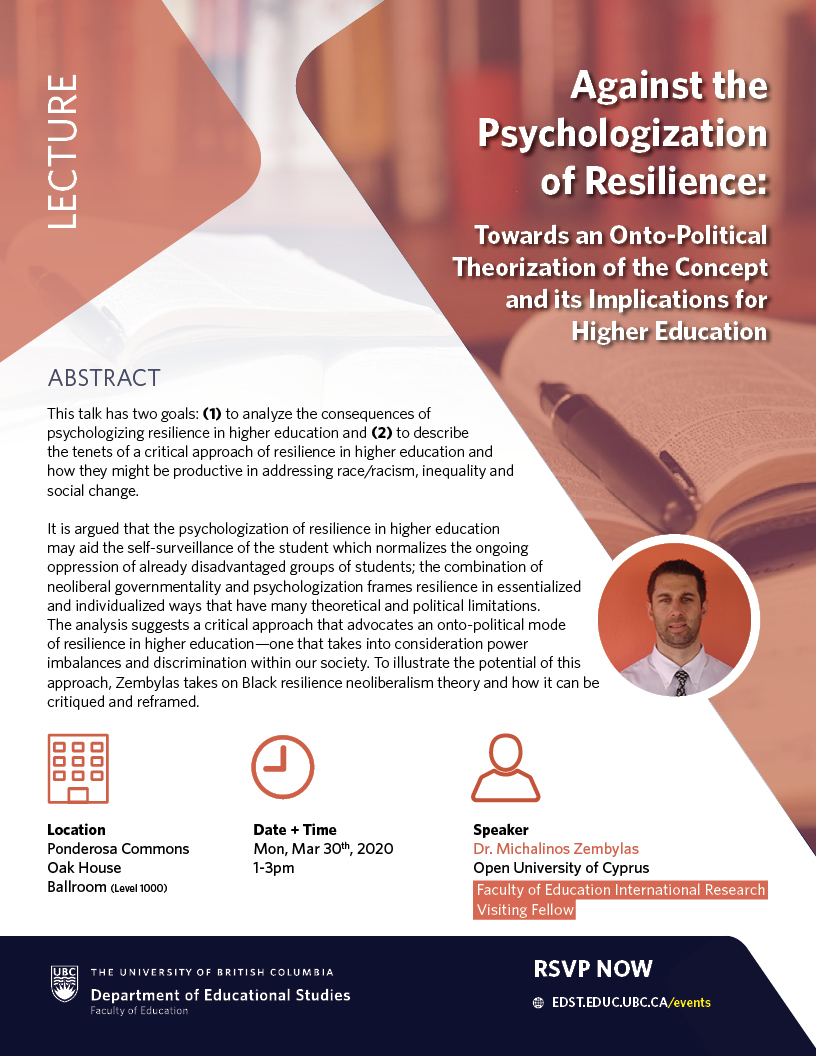
We Should Be Writing – Research Day Edition
A departmental writing session for EDST PhD, MA and M.Ed students. This is the last writing group for the term and will consist of a concentrated session working on conference papers in a friendly and focused atmosphere. After a few announcements, individual work until 2:00pm. Our GAAs will be there for consultations towards Research Day.
-
- Where:PCOH 1306A
- When: Tuesday March 24th, 10:30 – 2:00pm
WSBW March 2020
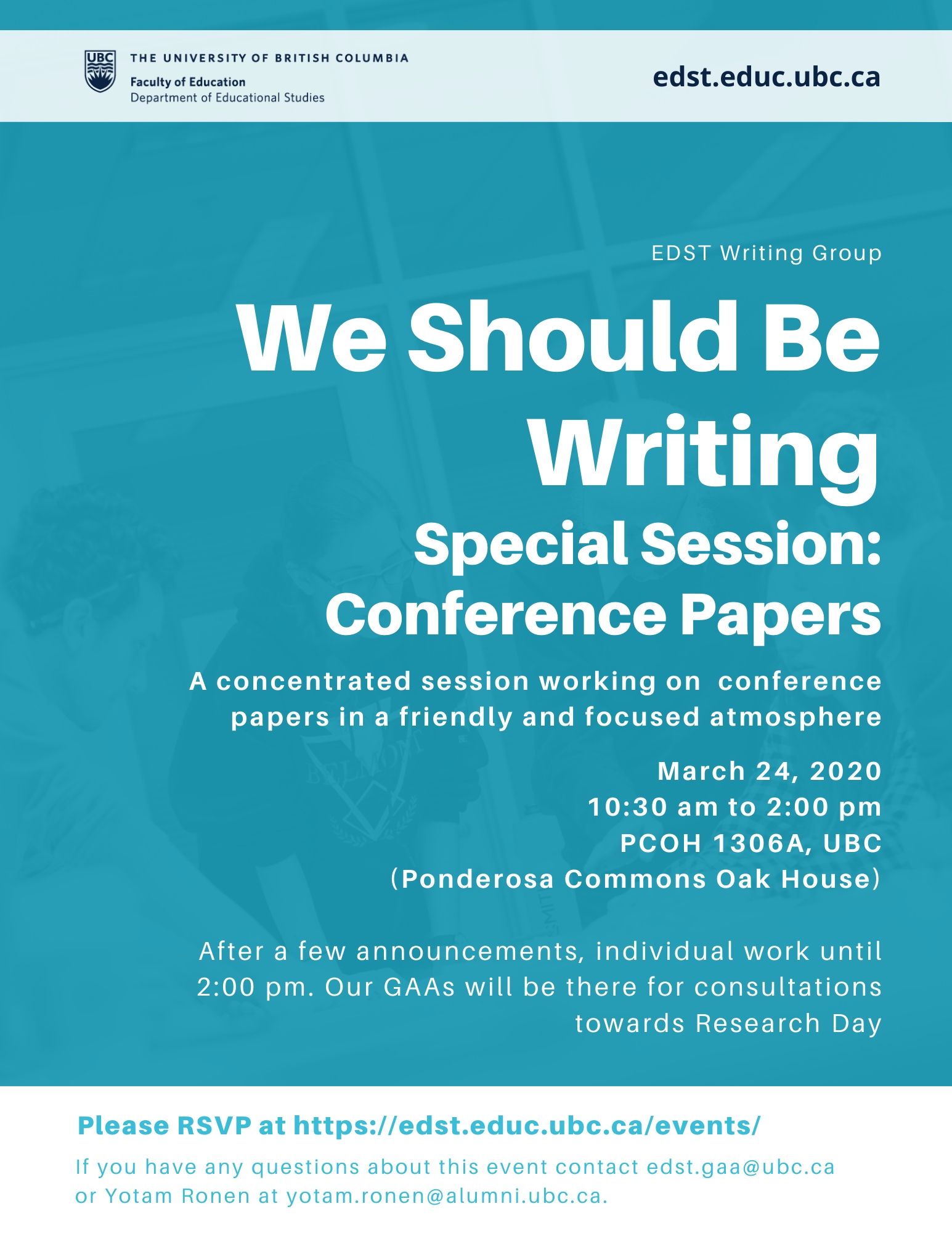
“Hands-on NVivo Workshop: How to be smart about your data” hosted by LLED PhD student Amir Michalovich. Join us for this workshop where you can learn how to use nVivo, how to be smart about using your data, and get some expert tricks to make the experience easier and more fun!
- Where: PCOH 2012
- When: Tuesday March 17th, 1:30 – 3:30 pm
To make full advantage of the workshop, make sure to come with your laptops, and have nVivo installed and ready to go. You can find a link for download here: http://www.qsrinternational.com/trial-nvivo. Once you have nVivo installed, you can get a UBC license here: https://ubc.onthehub.com/WebStore/Welcome.aspx.
Contact your GAAs (edst.gaa@ubc.ca) if you have any questions or issues with installing nVivo on your laptop.
March 2020 Nvivo Workshop

Conference Presentations
- March 3, 2020
- 2:00 pm to 3:30 pm
- PCOH 2012, UBC (Ponderosa Commons Oak House)
- Dr. Claudia Ruitenberg, Professor, EDST
RSVP: https://ubc.ca1.qualtrics.com/jfe/form/SV_bxZ1HrqEr1Xz2nj
Your conference proposal was accepted – congratulations! But now what? How to prepare a compelling presentation? And how to present your paper or other sessions in a way that is as engaging as you imagined it?
In this workshop, Claudia Ruitenberg will discuss how to prepare for conference presentations as well as how to present effectively. Topics include: differences between disciplinary cultures and presentation conventions; preparing notes, PowerPoint slides, and/or hand-outs; keeping to the allotted time; tips for avoiding presentation anxiety. All other questions about conference presentations are welcome!
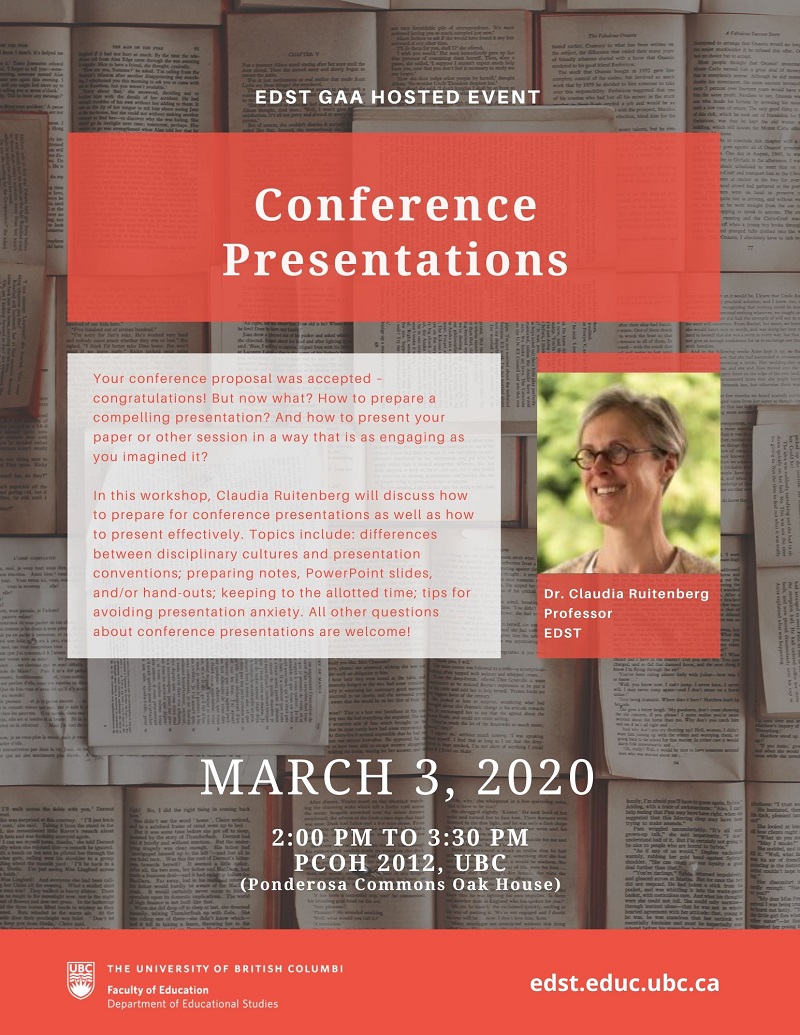
Designing to Succeed in Graduate School and Beyond
Where: PCOH 2012
When: Friday, February 28th, 10:00 am-12:00 pm
Description: Join Jacqui Brinkman, Director of Graduate Student Professional Development at G&PS, for an interactive workshop. This workshop will help you develop or enhance your academic plan for completing your graduate degree, explore possibilities and design your career path. The facilitators will build a road map for navigating the many opportunities available and help you establish strategies for attaining your professional objectives. Register here.
We should be writing: Coping with Anxiety and Finding Good Distractions
Where: PCOH 2012
When: Tuesday, February 25th, 12:30 – 4:00 pm
Description: Join us for a talk on anxiety and useful distractions in academic work by our guest speaker Dr. Michelle Stack, followed by an intense writing session to get our work done!
What is Pedagogical Anthropology?
Wednesday, February 26, 2020
PCOH 2012 (Ponderosa Oak House)
2:00 PM – 4:00 PM
With Dr. Anja Kraus – University of Stockholm
Sponsored by SCPE
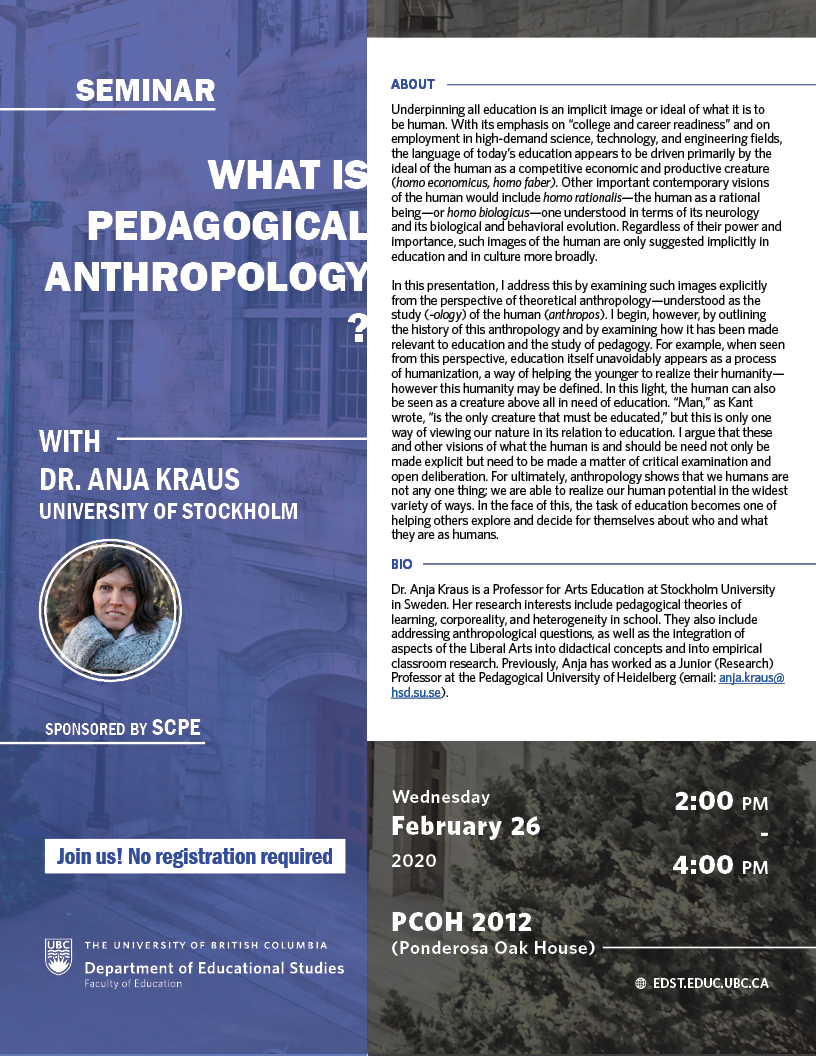
Congratulations on the 2020 Teaching and Learning Enhancement Fund (TLEF)!
Dr. Bathseba Opini, EDST. Co-applicants: Dr. Hartej Gill, Dr. Jason Ellis, Dr. Annette Henry, Dr. Michelle Stack, Dr. Andre Mazawi, John Yamamoto, Rod Brown, Dr. Shaya Golparian, Dr. Daniel Shiu, Meena Uppal, Ashley House, Dr. Vince White, Dr. Marianne McTavish, Mary Kostandy, Alison St. Pierre, Ogenfeibo Oladipupo.
“Anti-racism Education for Teacher Education Candidates”, has been funded from the 2020 Teaching and Learning Enhancement, in the amount of $40,156.
“British Columbia’s K to 12 curriculum identifies valuing diversity and defending human rights as one of the key competencies students should attain. Teachers are fundamental to assisting students to realize this goal. Consequently, teacher education programs must prepare future educators to identify and challenge injustices in education. Racism is one example of such injustices. This project will research, develop, and implement an anti-racist education component that will be embedded in the required teacher education course, EDST 401 “Education, School and Social Institutions” (From the proposal).
